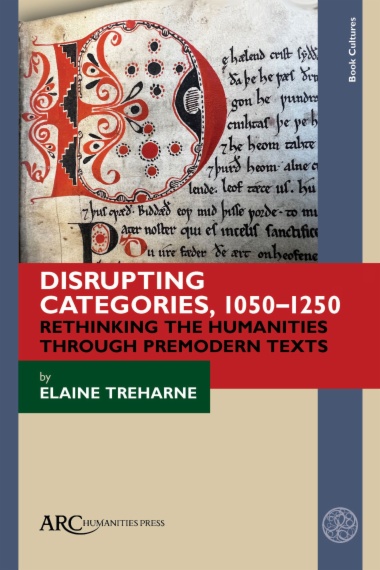This study uses a series of medieval texts to address a set of urgent critical issues in Humanities centring on categories of L/literature, history, periodization, languages, and descriptions of script. These categories are inherited from the foundation of modern disciplines and fields of study, superimposed on what could be more flexible modes of scholarship. They are reinforced by modern academics in ways that hinder nuance, intellectual nimbleness, and new interpretative possibilities. Readers and researchers of English Language, Literature, Book Historical/Media Studies, and History are obliged by delimiting labels to navigate problematic foundational approaches and sources that confine and frustrate scholarly investigation. Through a series of cogent case studies, all situated from 1050 to 1250, the book highlights how restrictive and hierarchical modern scholarly categories can sometimes be.
- COVER
- Contents
- List of Illustrations
- Series Editors' Preface
- Acknowledgements
- Preface
- Introduction: Old English and its Afterword
- 1. Fact and Fiction
- 2. Known and Unknown
- 3. Life and Death
- 4. Manuscript and Script
- Afterwords
- Bibliography
- Index of Manuscripts
- General Index

